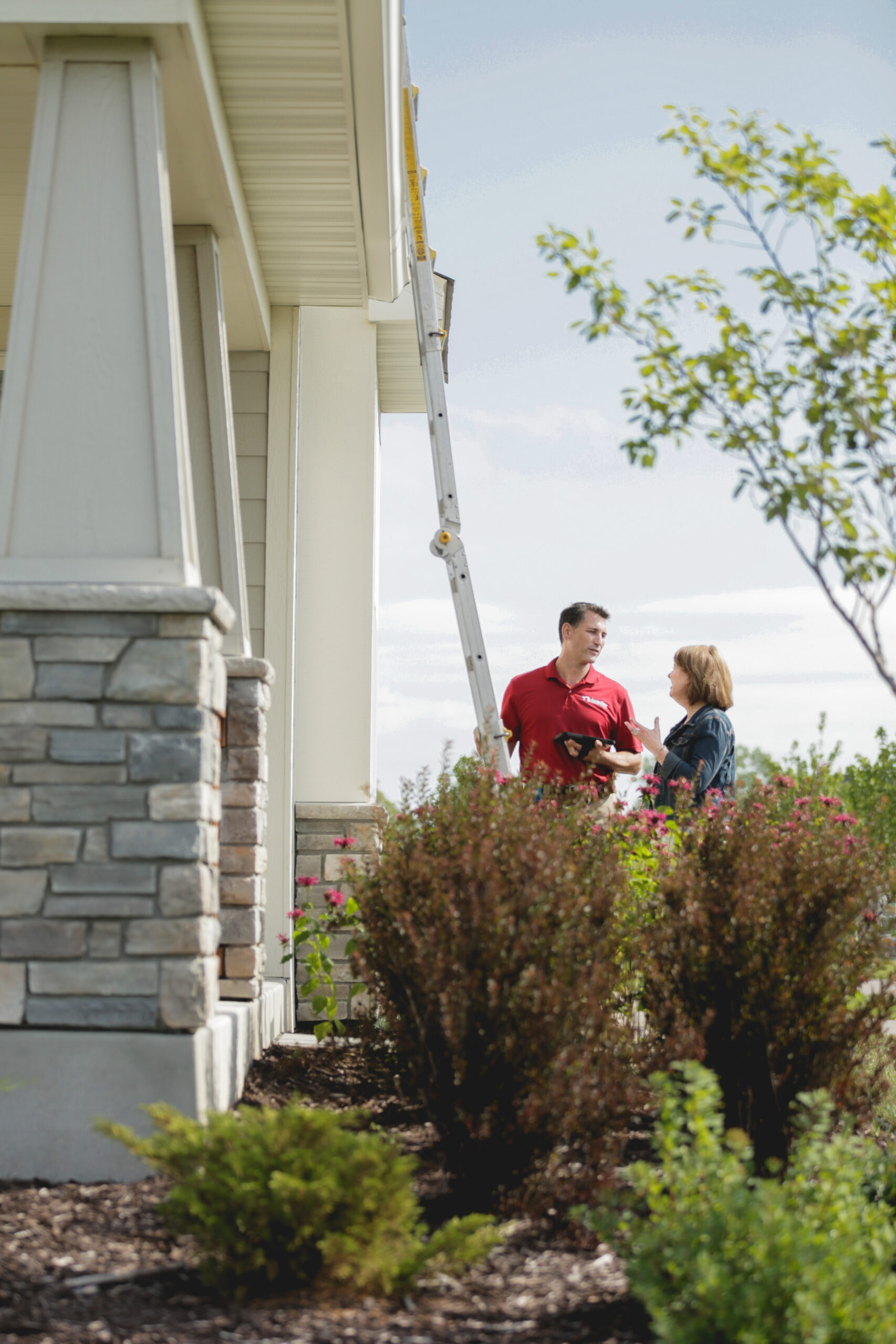Owning a home is a dream for many, but it also comes with the responsibility of keeping it in top shape. Whether you’re a seasoned homeowner or a new resident, AmeriSpec Inspection Services is here to help you navigate the exciting world of homeownership with our Homeowner Tips.
This blog page is your one-stop shop for valuable tips and tricks to ensure your home runs smoothly and stays comfortable for years to come. We’ll cover a wide range of topics, including:
Bookmark this page and check back often for valuable tips to keep your home a safe and enjoyable haven. After all, a well-maintained home is an investment that will reward you for years to come.
Trustindex verifies that the original source of the review is Google. Very professional and informative!Trustindex verifies that the original source of the review is Google. Trustindex verifies that the original source of the review is Google. Trustindex verifies that the original source of the review is Google. Mr Thomas did a nice job , he checked everything. He was nice to talk too . He explained everything and what kind of condiction it was in .Trustindex verifies that the original source of the review is Google. Excellent service.Trustindex verifies that the original source of the review is Google. Very knowledgeable and communicative.Answered all questions. Would highly recommendTrustindex verifies that the original source of the review is Google. Inspection was done adequately with precision and was very satisfactory.Trustindex verifies that the original source of the review is Google. Trustindex verifies that the original source of the review is Google.